The Short Answer from a specialist
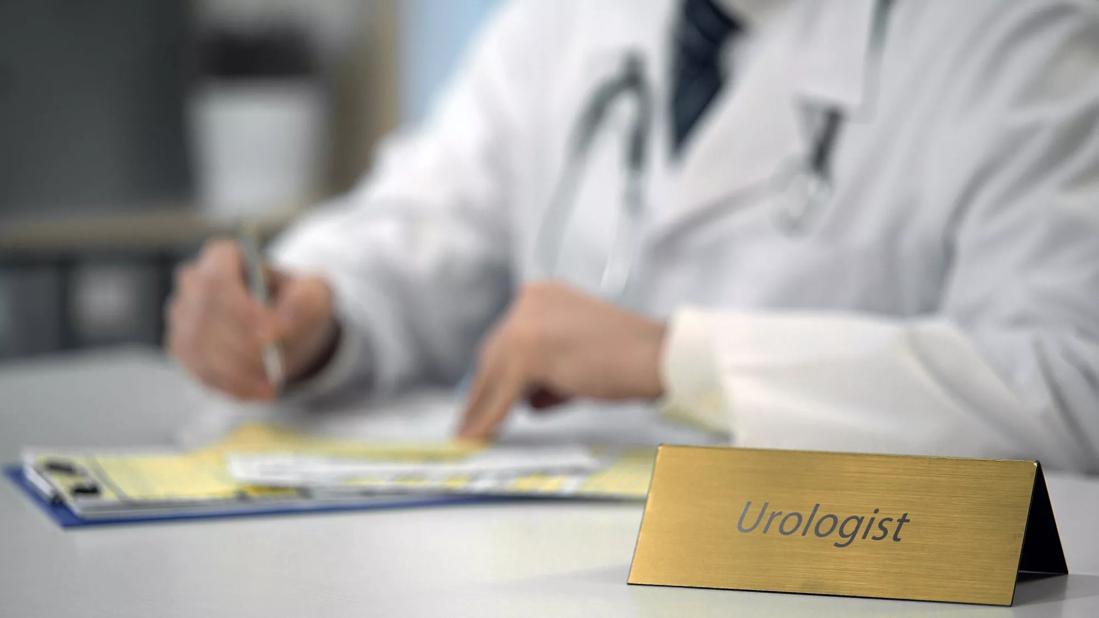
A: Unlike women, who see a gynecologist for routine care starting in their teens, men don’t need to see a urologist early on.
Advertisement
Cleveland Clinic is a non-profit academic medical center. Advertising on our site helps support our mission. We do not endorse non-Cleveland Clinic products or services. Policy
Basically, we want to see you whenever you think you may need a urologist — or whenever another care provider thinks we can help you with something.
For most men, this tends to be after age 40, when regular visits to a urologist prove beneficial.
Ideally, however, you should already be plugged in with a primary care provider from internal medicine or family medicine for your baseline care.
I always tell men to think of their body like their car. Just as you go in for tire rotations, oil changes and general service inspections, you want to make sure your body is running well.
Your primary care provider can help with this — by making sure your cholesterol, blood pressure, blood sugar and weight aren’t creeping up, and that you’re exercising.
The more you heed your primary care provider’s advice and keep these factors under control, the lower your risk will be for heart disease, erectile dysfunction and other problems later in life.
—Urologist Bradley Gill, MD
Advertisement
Learn more about our editorial process.
Advertisement

Manage your sexual health and urinary function with annual appointments starting at age 40

It’s important to watch for and guard against conditions like heart disease and cancer
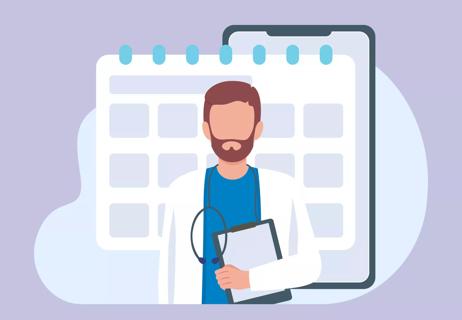
Screenings and tests done during a wellness check can uncover hidden health issues

Screenings and tests done during a wellness check can uncover hidden health issues
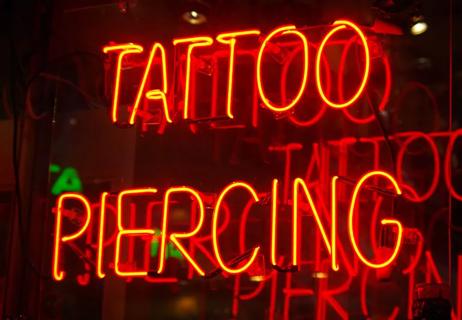
Understand the risks and take precautions against infection
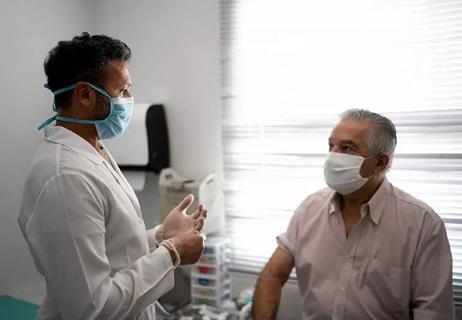
An enlarged prostate, diuretics and bladder irritants can all contribute
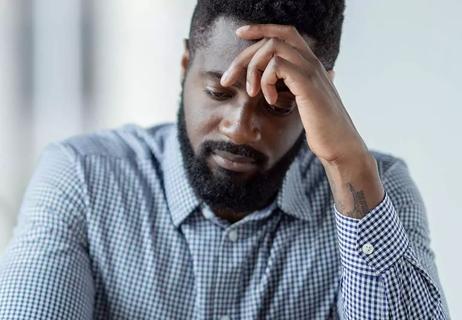
Low testosterone levels can mimic symptoms of depression and cause anxiety over time
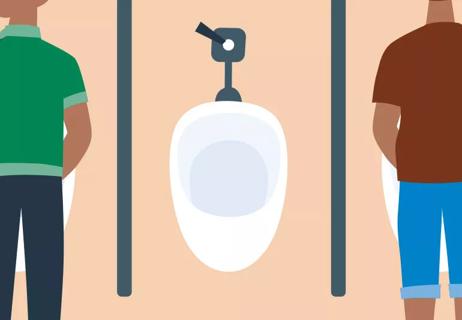
Why you need to get it checked

Type 2 diabetes isn’t inevitable with these dietary changes

Applying a hot or cold compress can help with pain